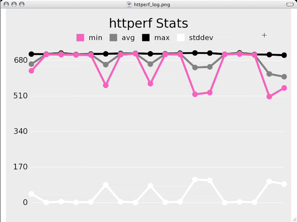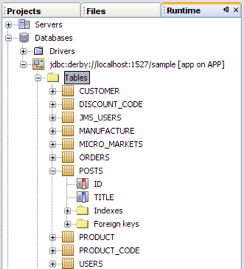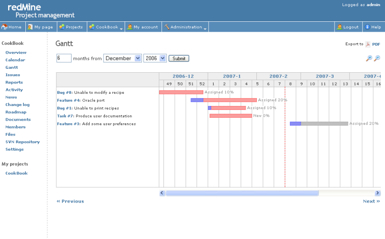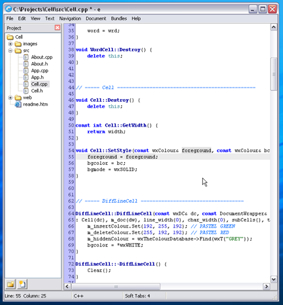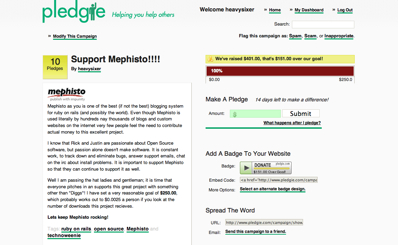
Robert Dempsey has launched Rails For All, Inc., a new non-profit Rails advocacy group. Robert says he’s created the non-profit because he feels that the lack of a major corporation to back Rails has led to a hole in the advocacy and networking area. One of Rails For All’s goals is to act as a hub where Rails professionals and businesses wanting to learn more about Rails can come together.
Rails For All is reliant on all Rails advocates for content contributions, such as case studies and application demos, and is also seeking financial sponsorship. If you have a Rails case study to share, or want to get involved in the group in one way or another, visit the official site. Read More







